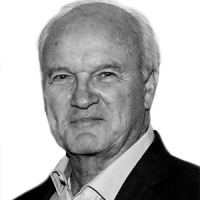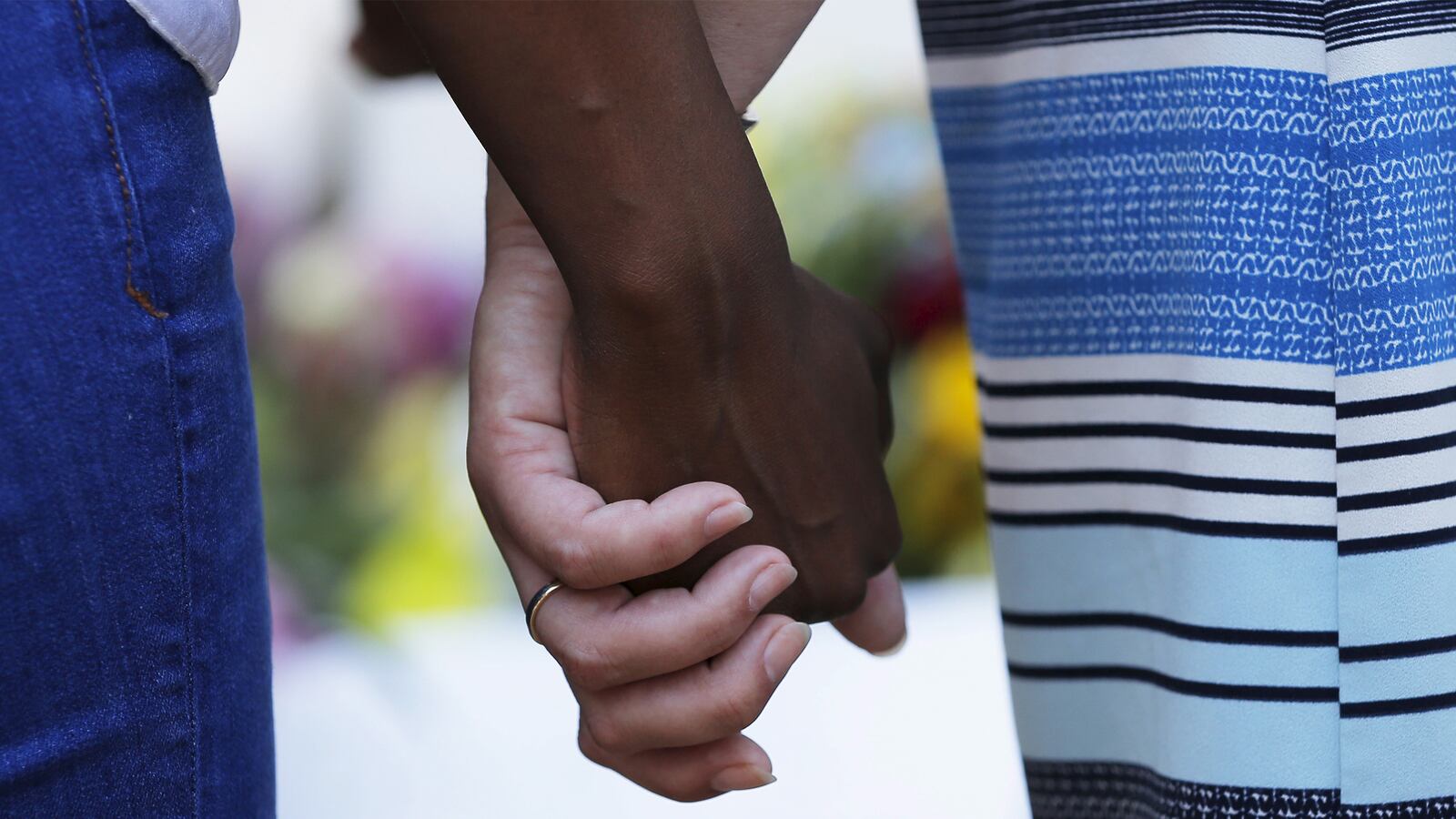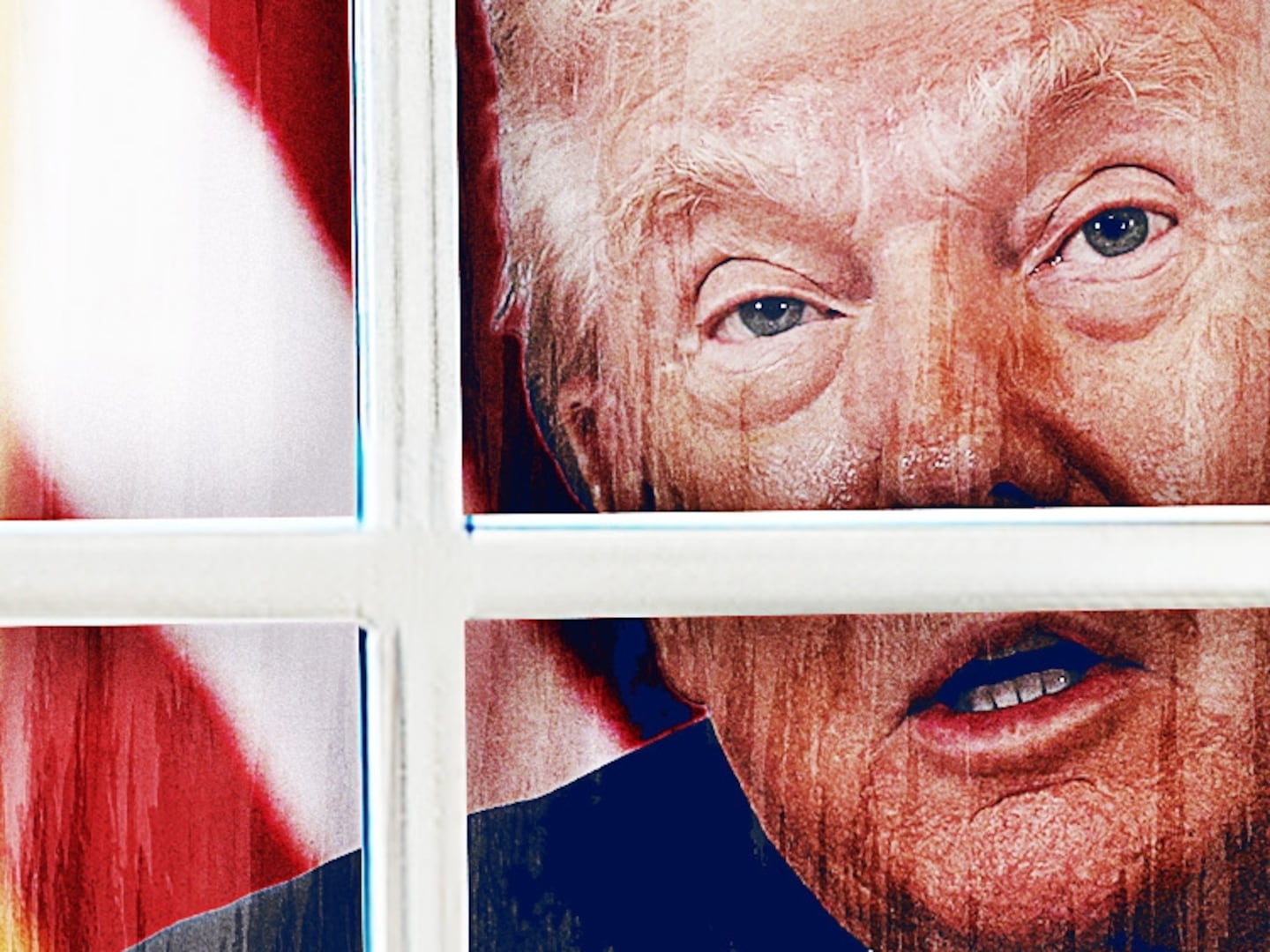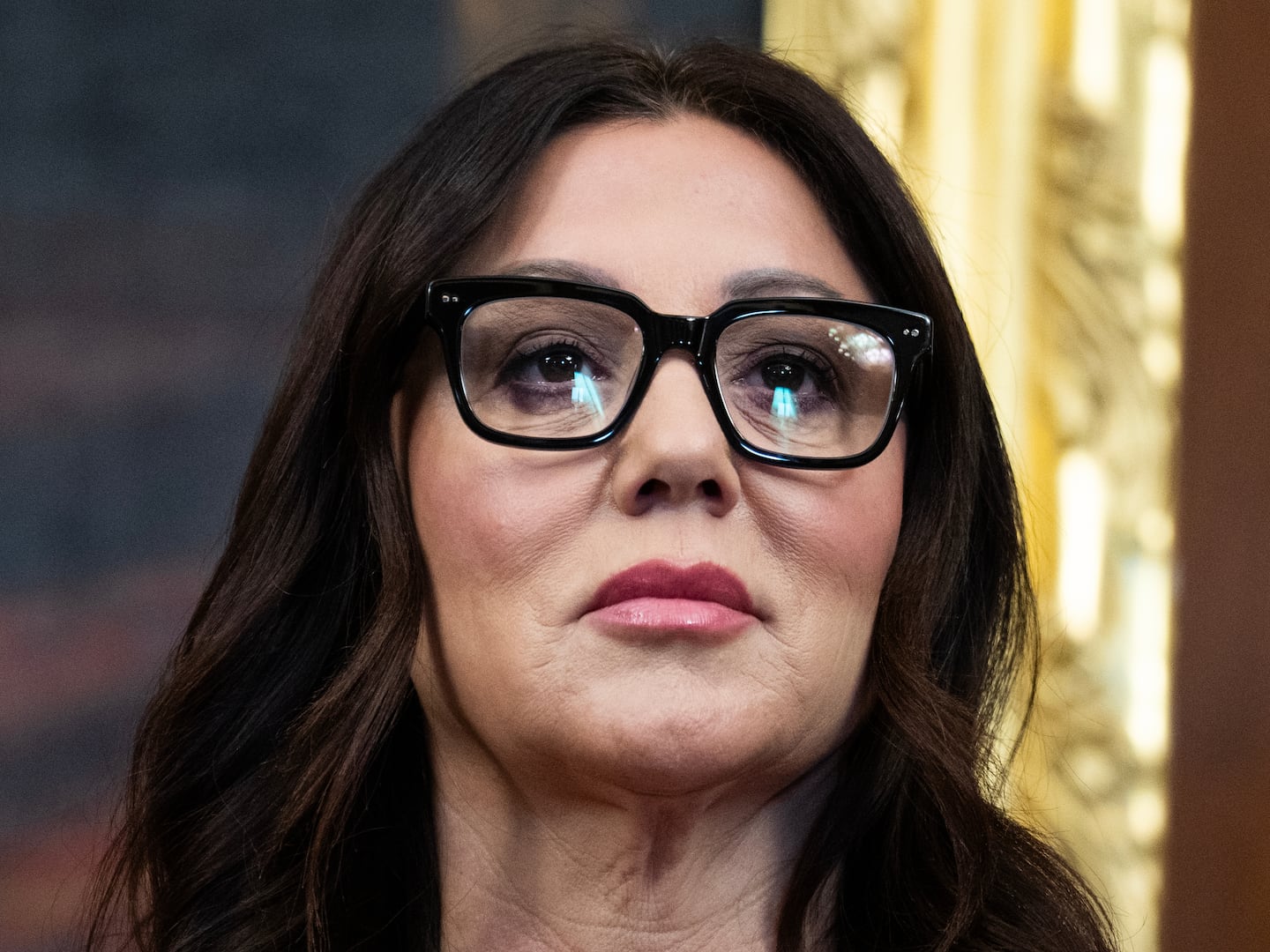A week filled with terror and trauma carried out by a sociopath, a 21-year-old racist named Dylann Roof seemed to conclude with a prayer in the form of the simple, eloquent words of Nadine Collier, whose 70-year-old mother, Ethel Lance, was one of nine dead among the pews of the Emmanuel African Methodist Church Wednesday night in Charleston, S.C.: “You took something very precious away from me,” Ms. Collier said to the killer in a courtroom where a bond hearing was held for Roof. “I will never talk to her ever again. I will never be able to hold her again. But I forgive you. And have mercy on your soul.”
What is forgiveness? An emotion? A coping mechanism? An element of deepest faith? A way for the heart and soul to combat the type of hate, anger, rage and a thirst for revenge that could ultimately consume a person? All of those and more?
As news of this latest atrocity spread, as the details became clear—the mentally ill gunman, the easy access to the weapon, the lingering scar of racism—you could hear and see a few more cracks in the fabric of this splendid free land we all share. And the nine dead became add-ons to the lengthy indictment of those who govern us with a blind eye toward reality.
It is easier in many places to get a gun or an assault rifle than it is to obtain a credit card or a driver’s license. And it is not much of a problem to get a broken leg fixed but it is really difficult to get help for a mind on the verge of collapse.
Politicians in Washington work in a small, sheltered world where they lurch from crisis to crisis that they create, nurture and use as ideological triggers in their selfish pursuit of re-election. The country stumbles forward, slowly but surely, only because the people are so much better, stronger and more capable than those we elect.
While Nadine Collier offered forgiveness for a man charged with murdering her mother, I sat in a hospital waiting room with about thirty other people. An open doorway led to a long windowless corridor lined with labs and offices, a vending machine and two restrooms.
Next to me, there was a man with two young children who were playing a game on their phones, laughing and comparing results. The man’s face however was a straight line of anxiety broken only by an occasional forced smile whenever one of the kids, perhaps 9 or 10, said or did something that made them laugh out loud, the laughter rippling through the waiting room.
The man wore a light blue short-sleeved shirt, tan pants and black shoes with thick rubber souls. A name, “Eddie,” was stitched in red script above a chest pocket on the left side of his shirt. His eyes went back and forth between watching his children, the muted TV on the wall and the phone and a beeper in his hand, the beeper given by the staff at the front desk for relatives of patients undergoing surgery in one or another of the operating rooms shared by doctors from Boston’s Brigham & Women’s Hospital and the Dana Farber Cancer Institute, the two facilities neighboring each other.
Both are world renowned for offering patients the best when people are confronted with the worst. And the waiting room was a reflection of that fact. Several different languages could be heard. There were families with passports, others with parking garage tickets and still others with subway passes.
They sat, concern registering in eyes and body language. Every few minutes a beeper would sound. The person with the beeper would go to the front desk where they’d be met by a doctor who would take them out to the corridor for an update.
Throughout the country, waiting rooms like this are a reflection of America. Zip codes and levels of affluence mean little stacked against life or death, recovery or recuperation. The one big divide, the element that separates some from others here is a universal: there are those who don’t have to worry about covering the cost of care and there are those who live with and can be worn down or ruined by it. There are “Cadillac” health plans, bare-bones plans, no plans and at the end of the line an insurance company waiting to get paid.
Within days, perhaps this week, the United States Supreme Court will decide whether health insurance subsidies currently offered by the Affordable Care Act to people in 37 states can continue. If the court gives it a thumbs down, the law dies and millions will be stripped of health insurance. This will be viewed as a huge victory for many Republicans and conservatives who have fought endlessly and mindlessly to kill a law, kill anything really, with Barack Obama’s name attached to it.
The fiercest opponents of more people getting greater access to health insurance coverage have offered no real alternative. But this is nothing new for them and it extends beyond health care. Their goal is to obstruct. Their result is carnage and chaos and a governing system that is broken. And they have a succeeded.
In Charleston, S.C., one woman—Nadine Collier—in an incredible gesture offered forgiveness to a man filled with evil. Nobody knows if history will offer forgiveness or even understanding to those public people who have dropped their duty to a country in need of many things but perhaps most of all, simply a dose of common sense.






